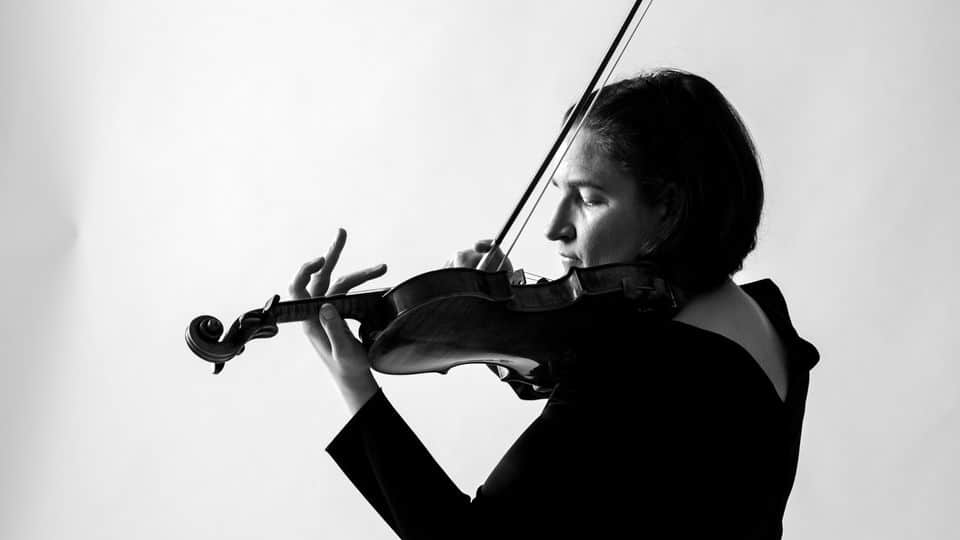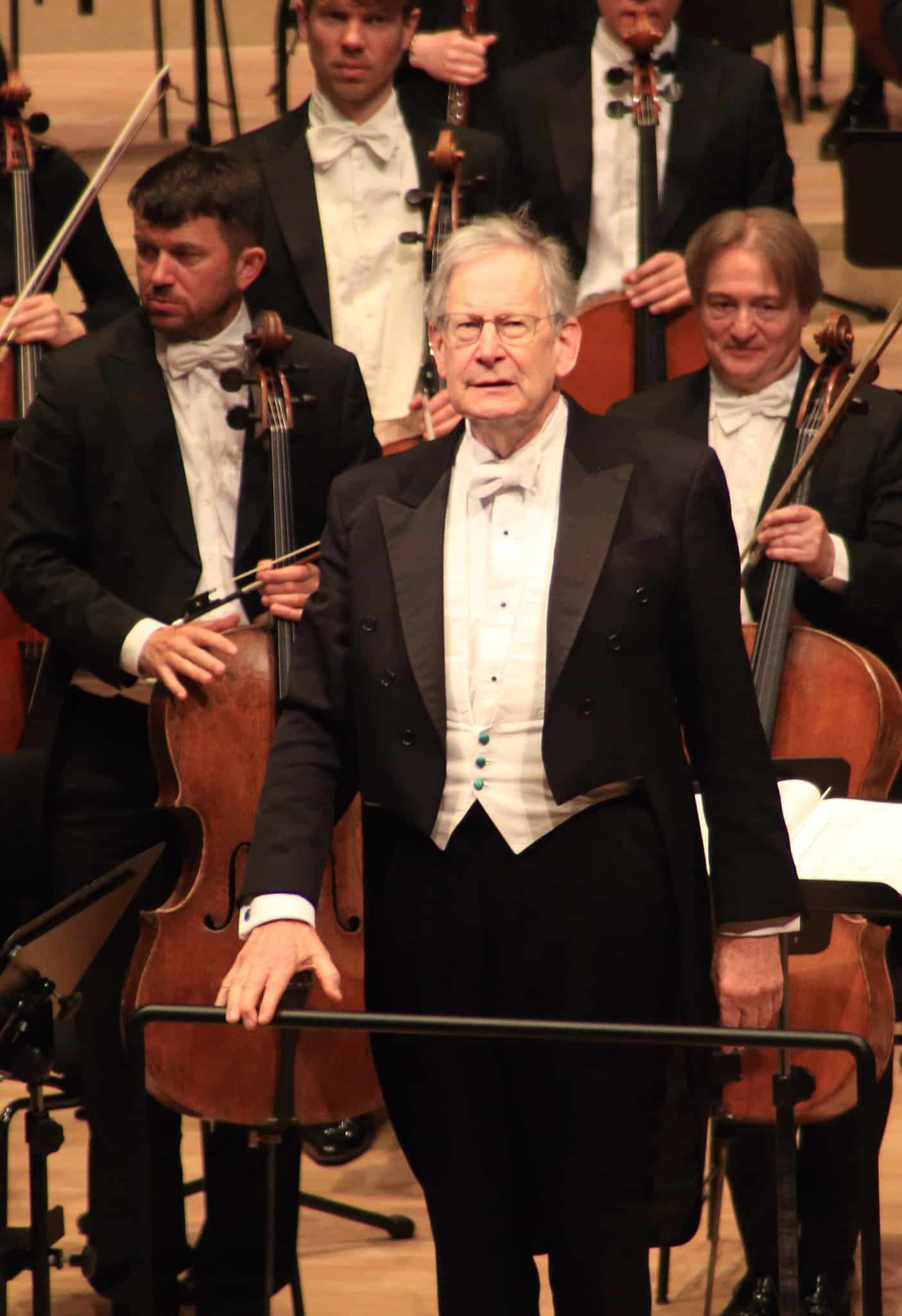dropping the needle
mainWhy blog?
It’s a question that has been taxing me for months. As one who makes his living by writing for profit (none but a fool would do so otherwise, said Doctor Johnson), I feel as much reluctance at doing it for free as any blue-lipped sex worker on a busy intersection.
On the other hand, I see esteemed colleagues taking to the blogosphere like birds to worms and some of the amateurs out there stealing our thunder by reporting events and conveying opinion on their blogs faster and more furiously than we do in print.
So I thought, hey, give it a go – at least for a while. But do it my way.
Let’s have a set of rules.
1 No personal pictures – no cats, babies, sofas, work desks.
2 No access to my interior life.
3 No response to those who slag me off for paltry infelicities, a slip of the finger here or there that eludes my built-in sub-editor.
4 No response to those I don’t respect.
5 Stick to the topic – and the topic is what is happening to our fragile sound world now that the steady flow of classical recordings has died to a thin trickle.
The decline has been so swift, so precipitate, that many are unaware that we have lost the equivalent of a public library of musical civilisation. There is still some activity in the rubble, and some entertainment, and I shall try to give a sense of them as the weeks go by.
All of this is much on my mind as I launch a book called (in Britain) Maestros, Masterpieces and Madness, (in the US) The Life and Death of Classical Music and (in Germany) Ausgespielt. Aufstieg und Fall der Klassikindustrie, a title which is closest to my heart, having resonances of Brecht, Weill and the whole Weimar decadence cat show.
For those who want more, there are links below.
For the rest, read on.





Hello Norman- Nice to see you here–I’ve enjoyed our email exchanges and check in with this informative site occasionally. I am sure you will be a truly valued blogger!
Yeah! You made it to the blogosphere. I for one, am overjoyed, and will be perusing you regularly.
Wouldn’t it be better to see the so called ‘demise’ as a natural restructuring that goes on in any industry once an initial ‘surge'[75 years]is exhausted. After all it couldn’t have lasted forever in its final state.
I’ve never responded to a blog before, so here goes. I’ll try to keep the spelling on track – most bloggers don’t seem to be able to, in my experience. Yes, the music industry, not just the recording industry, is in serious decline. Stadium rock is a one-dimensional bore now; the desperate attempts to make the staging of classical concerts interesting and ‘new’ look very jaded; and only opera, and liturgical music, which is sort of where it all started, has retained any sense of freshness and purpose – notwithstanding some appalling opera productions about which we could all moan. Because new artists are not being recorded, the world at large has become increasingly unaware of any kind of evolution in styles and performances. The record companies rely on backlist sales to lubricate their cashflow, but will have no backlist within five years because they are not creating a frontlist now. But I for one treasure my record collection and would thank the record companies for what they brought us all in the great days.
Mr. Lebrecht, you are joining what I consider to be a most distinguished roster of writers, and you certainly have had a distinguished career yourself. I look forward to the back and forth on the topic of the future of classical music.
I heard a doctor/author interviewed last night and his comment about doctors in the US having less and less time to see patients because they have such a workload. It occurs to me that orchestras in the US are getting to that point, at least during the seaason. Some of them keep right on playing and working the entire summer. Is it any wonder that so many musicians become jaded to the profession?
Welcome, my fellow internaut! This is excellent news for the blogsphere, and we certainly look forward to pictures of your pets and workspaces. Oh wait…nevermind!
I treasure the Arts Journal blogs, and your contribution makes them even cooler. *adds slipped disc to bookmarks*
I’ve been thinking about all these reports of doom and gloom. I suppose that if you are looking for new recordings of Brahms and Beethoven, or new studio recordings of “La Traviata”, then things are not looking too bright. But that’s not what I’m interested in anyway. We may be losing the meat and potatoes, but the vegetarian stir-fry is booming. Look at the Naive series of Vivaldi operas; a new (and I mean something totally unheard up till now!) opera every few months. Or Alan Curtis plugging away at Handel operas. What a treasure-trove of music! The early-music segment is keeping me happy, and supplied with surprises. We need to get away from the notion that Classical Music is the Berlin Philharmonic performing Brahms. There’s a world of music to rediscover and much of it is ridiculously beautiful. I attended a performance at the Juilliard School recently, Gluck’s “Iphigenie en Aulide”. It was wonderful, but I realized afterwards that there isn’t even a satisfactory recording of it available. Gardiner’s version was a sad dissapointment after those Juilliard students. I think Minkowski has a recording in the works..
NL comments:
Quite right, Chris. There are large tracts of musical literature that are inadequately recorded. Not sure about Iffy on Aulide, tho. I can hear at the back iof my head an oldish Munich RCA of the Wagner version with Anna Moffo, Fisher-Dieskau, Thomas Stewart, Arleen Auger. And there should be a Gardiner of it somewhere.
Enjoyed your recent appearances in Australia but wondered why in all your brilliant exegesis you left out the culpability of the critic or cultural policeman who maintains the borders surrounding ‘classical music’. Surely, the smoking gun in the hands of those who fought to preserve the ‘repertoire’, applications for membership which closed some time before my birth in 1966, doomed the realm ‘classical’ to permanent extinction. Contrast ‘classical’ with ‘jazz’ and you see a much more plastic form ready to admit even the most wayward stragglers (white jazz lacks all the characteristics that made jazz jazz). If you have a good tune and virtuosic ability you are hardly likely to write ‘classical’ than music which you call ‘jazz’ for that arena is a far more welcoming and swelling refugee-camp for most up and coming virtuosi and composers. Critics and ’roundhead puritans’ who refused to allow works as various as ‘Show Boat’ or ‘Keith Jarrett’s Koln Concert’ into ‘classical’ surely also have blood on their hands.
NL: Thnanks for your comments. I did say in a couple of lectures that downloads and i-pods offer a future of music without categories…